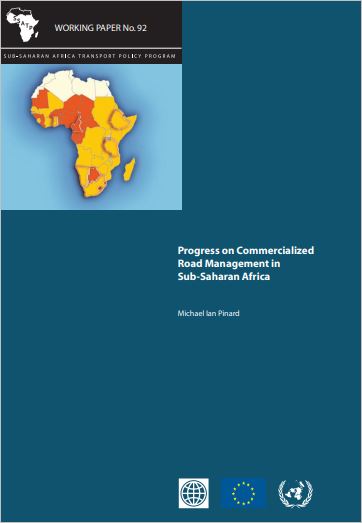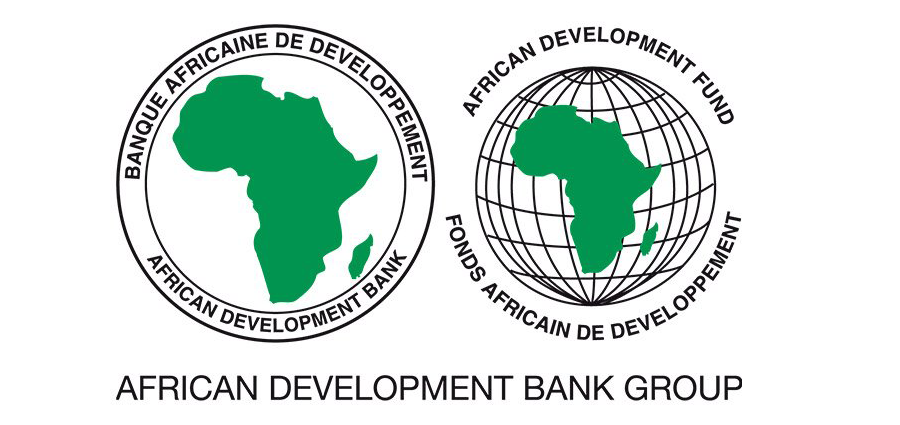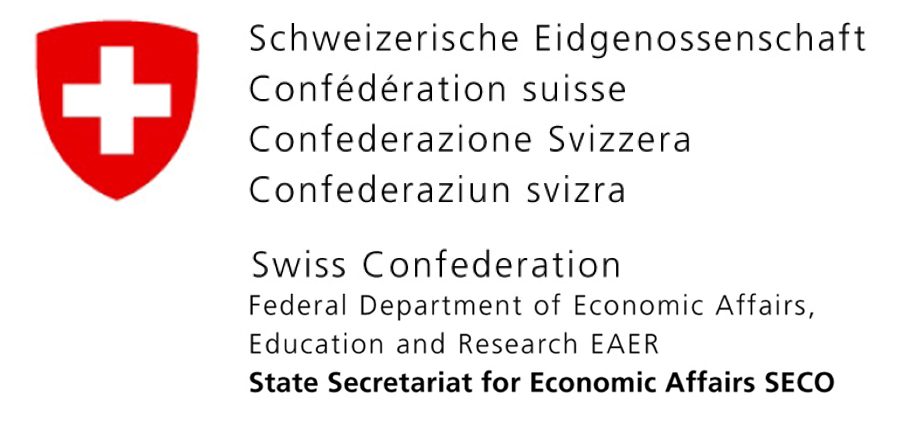Progress on Commercialized Road Management in Sub-Saharan Africa
Michael Ian Pinard

Some 20 Road Authorities have been established in Sub-Saharan Africa (SSA), most since 2000. These agencies were created broadly in line with the principles espoused in the Road Management Initiative (RMI), a component of the Sub-Saharan Africa Transport Policy Program (SSATP). The agencies were established with the main objective of being more consumer-oriented and market-responsive than the largely politically driven, traditional government Road Agencies. However, since the establishment of road authorities, no systematic review has been conducted of their performances in order to accurately quantify the improvements in road management. The need for such a review prompted the launch of this analytical work to assess progress on commercializing road management.
Its main objective is to identify key issues and constraints affecting the commercialized management of a selection of road agencies in SSA and to put forward some basic guidelines for increasing their managerial effectiveness and efficiency. The aim is to deepen the understanding of good practice by identifying the underlying principles governing successful organizational reform as a basis for a quasitheoretical model that can provide guidance to SSATP partner countries setting up new road authorities or restructuring existing road agencies.
The study focuses on the organizational, technical, and management issues associated with the restructuring, and commercialization of Road Agencies in seven countries: Botswana, Cameroon, Ethiopia, Ghana, Namibia, Tanzania, and South Africa. The choice of these mostly Anglophone countries was influenced by their widely dispersed geographical locations in SSA, their diverse institutional arrangements, and their varied progress toward commercialization of their road management operations.







